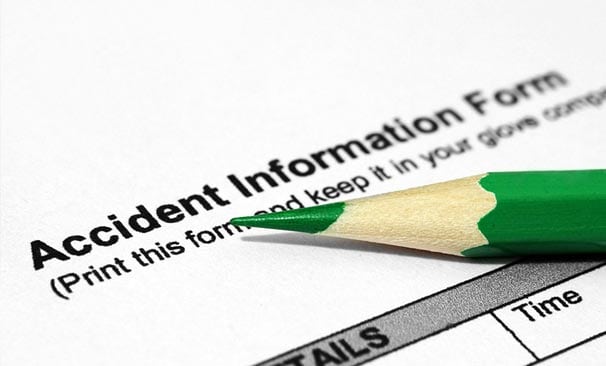The end of the year is nearly upon us, and it’s time to start thinking about filing your 2018 taxes. If you own a business, especially one that revolves around a fleet of cars or trucks, what kind of vehicle expenses can you deduct from your annual taxes? Let’s take a closer look at the most common vehicle expenses, and which ones you can deduct from your taxes at the end of the year.
Common Expenses
Actual car and truck expenses will vary, depending on how often you use your fleet vehicles and the distance you drive each vehicle every year. Common expenses include:
- Depreciation — Your car starts losing value as soon as you drive it off the lot.
- Lease payments and auto loans
- Registration, licensing and insurance
- Gas, oil, tires and general repair
- Garage rent and parking fees
- Tolls
Of these expenses, which ones are deductible?
1. Depreciation
If you use your fleet vehicles for business purposes more than 50 percent of the time, you can write off some of your depreciation. For the first year you own the vehicle, you can deduct up to $10,000. It goes up to $16,000 for the second year, then drops to $9,600 for the third year and $5,760 for each year after that. For vehicles you use 100 percent for business purposes, the possible write-off is higher. The IRS caps deductions at $500,000 per year.
2. Mileage
The more you drive your vehicles, the more you can deduct for mileage. For 2018, you can deduct up to $0.545 per business mile driven, depending on how many of those miles are business-related. Make sure you’re only deducting business-related mileage, though!
3. Auto Loan Interest
Most businesses don’t buy vehicles outright — they lease, which requires an auto loan. If you have a loan in good standing, you can deduct your auto loan interest as part of your automotive expenses.
4. Fees and Tolls
If you pay rent on a parking lot or garage where you store your business vehicles, or you pay tolls during your regular business operation, you can also deduct these fees from your annual taxes — as long as you can prove you paid them as a business expense. Tolls and parking fees may only be deductible if you choose the standard mileage deduction.
5. Vehicle Repair and Maintenance
This one is a bit tricky. If you use your vehicle for business and claim the standard mileage deduction, you can’t claim your repair and maintenance expenses separately, because the standard deduction is designed to already account for part of those repair costs. If you don’t claim the standard mileage deduction, you can deduct your unreimbursed vehicle expenses from your annual taxes.
Business vehicles can be an expensive proposition, but you can deduct some of the expenses from your taxes at the end of the year. Make sure you keep good records — not only will this make it easier for your accountant to find the best deductions for you, but it also gives you a paper trail in case of an IRS audit. Vehicle deductions can help you save money during tax season, so make sure you’re getting all the deductions you qualify for!









